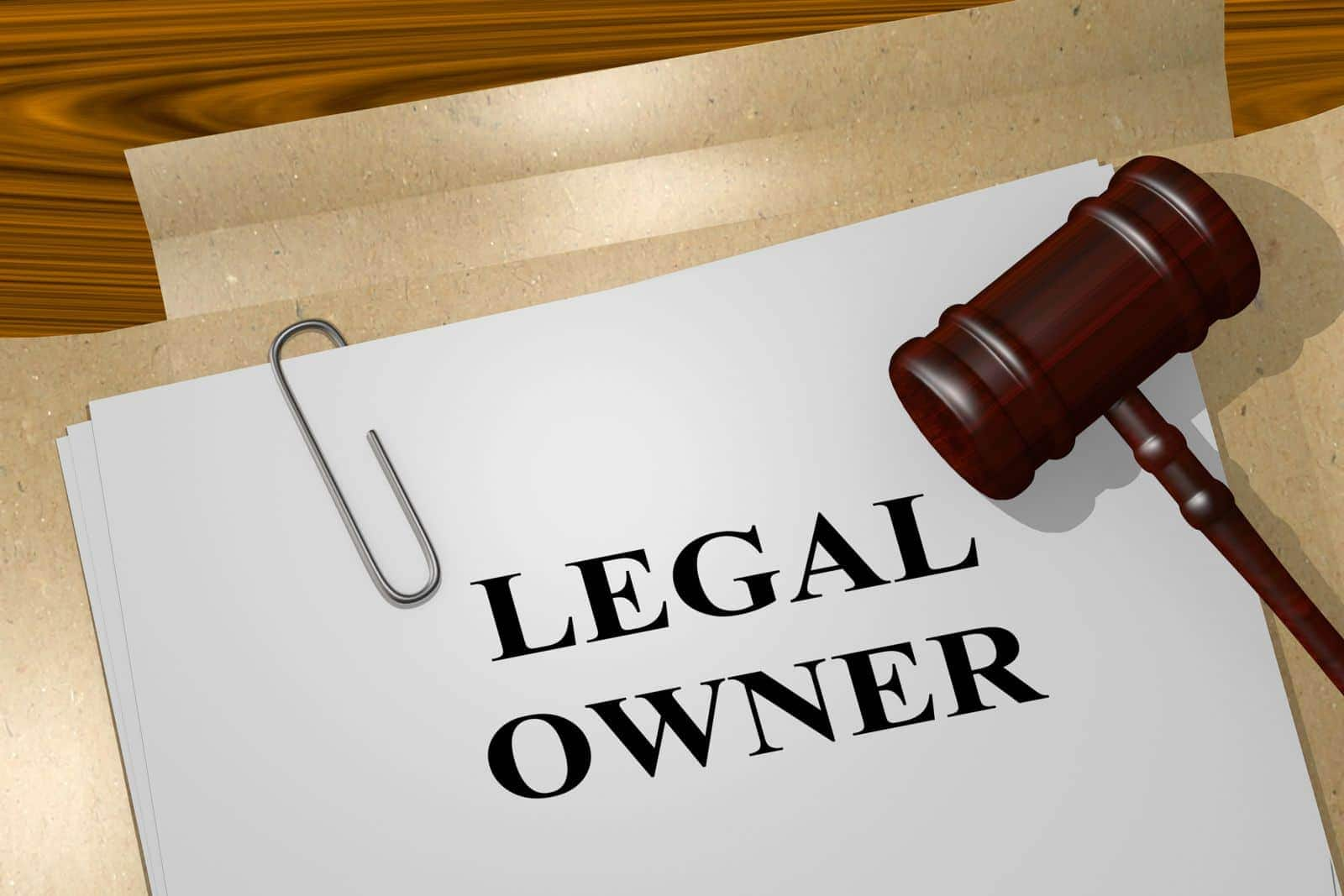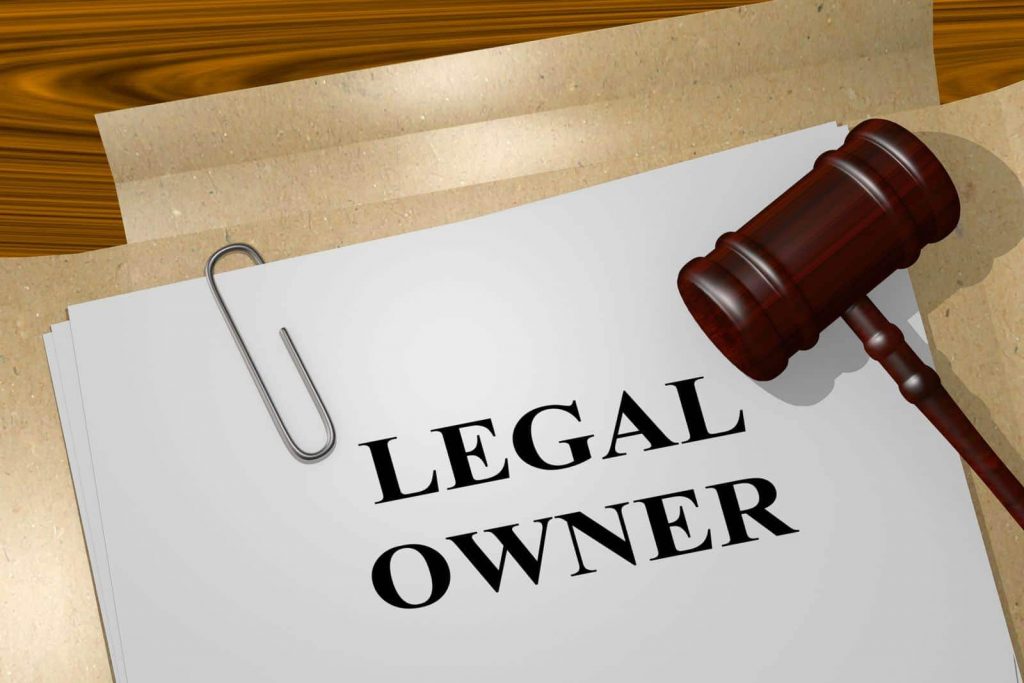How do I transfer a car’s title into my name after the owner of the car dies?


Most people have a car, or several, throughout their lifetime. It could be a luxury vehicle, a restored classic car, something reliable to get a person from point A to point B or anything in between. One thing that we know is that people love their automobiles. So, what happens to a person’s car after they die? The car is most likely titled in that person’s name and there might still be car payments that have to get paid. In this article we are going to talk about the Florida probate process, what a person can and should do with their loved one’s vehicle, and you can learn if you need to transfer a car’s title into your own name.
Can creditors try and take the car?
Motor vehicles, including cars, are generally referred to as “exempt property.” See Florida Statute 732.402(2)(b). Under Florida law, exempt property means that creditors cannot go after the property to get paid back any debts they are owed. The exception would be the car dealership or lender who is financing the car. They could repossess the car if payments are not made. However, if the person died owing money to credit card companies, those companies should not be able to put a lien on the car if the car is determined exempt property. Note – the statute only allows for up to two motor vehicles to be deemed as exempt from creditors.
What if the car was owned jointly by husband and wife?
If the person who died owned the car jointly with someone, such as their spouse, probate is not necessary in order to transfer the car to the surviving person’s name. The surviving person who is still on title, can and should have the title certificate transferred immediately to his or her name. They should be able to do this by going to the local Department of Motor Vehicles (DMV) with a copy of the death certificate and the title.
What happens to the person’s car insurance after they die?
It is a good idea to look at the car insurance policy of the person who has died to determine whether or not the policy terminates on the death of the insured or whether they would continue to protect the estate in the event of an accident. If it is a family policy, included members of the family should be protected. If the policy terminates on the death of the insured, then you would be wise not to use that vehicle.
Who gets the car?
In Florida, the surviving spouse is entitled to “[t]wo motor vehicles as defined in s. 316.003, which do not, individually as to either such motor vehicle, have a gross vehicle weight in excess of 15,000 pounds, held in the decedent’s name and regularly used by the decedent or members of the decedent’s immediate family as their personal motor vehicles.”
That means the spouse is going to get the cars, at least two of them anyways, even if the decedent had children from another spouse.
How do you transfer the car if there is no need to open probate?
If there is no probate being opened, or if the car is not going to be an asset of the estate, it should be relatively simple to transfer the car into the beneficiary’s name. The beneficiary would go to the Department of Motor Vehicles (DMV), ask to transfer a car’s title, and submit a copy of the HSMV Form 82040, a copy of the death certificate and a copy of the will, if one exists. The “Release of Spouse or Heirs Interest” on Form 82040 will have to be signed by any other heirs or beneficiaries. See Florida Statute 319.28 for more information.
Florida Statute 319.28 says that if the owner of the car died without a Will, there is no need to have an Order from the probate court authorizing the transfer of the car. The applicant for the certificate of title will have to file an affidavit stating that the estate does not have any debts and that the spouse and heirs have agreed on the division of the estate.
If the owner of the automobile died with a Will, and the Will has not been admitted to probate, then a sworn copy of the Will and an affidavit stating that the estate does not have any debts must accompany the application. If the Will has been admitted to probate, a certified copy must be provided.
How do you transfer the car if it is a part of the probate estate?
Sometimes, the car may in fact be a part of the probate estate. If that is the case, the person named as the Personal Representative may have to transfer the car to the proper beneficiaries. The Personal Representative would take the Letters of Administration, which are issued by the Court, to the Department of Motor Vehicles (DMV) in the county where the probate is occurring and sign Form 1 on the reverse side of the certificate of title and fill out the HSMV Form 82040. The Florida Probate Code does not require a court order in order for the Personal Representative to transfer or distribute the car, so long as there are no claims or other expense that needed to be paid. Florida Statute 733.612(26).
What is a summary of how to transfer the car’s title into someone else’s name?
In order to transfer title, the beneficiary or personal representative must apply for a new certificate of title to the Department of Highway Safety and Motor Vehicles. Florida Statute 319.28. If possible, the prior certificate should accompany the application. If the prior certificate of title is unavailable, then the applicant will have to present to the department satisfactory proof of ownership and right of possession. Sometimes this requires an Order from the court. The application process will usually occur at the tax collector’s office in the county in which the decedent resided and they will supply the applicant with the requested forms. Forms can also be located on the Department of Highway Safety and Motor Vehicles’ website, www.hsmv.state.fl.us.
If the person died without a Will, an order of the probate court is not necessary. Rather Florida Statute 319.28(1)(a) allows that a new certificate of title will be issued “upon the surrender of the prior certificate of title or, when that is not possible, presentation of satisfactory proof… of ownership and right of possession to [the] motor vehicle.”
Final Thoughts
In theory, it should be relatively easy to transfer a car’s title into someone else’s name. A lot of the time, probate is not necessary, and the beneficiary does not need to hire an attorney in order to help with the transfer. However, if there are multiple beneficiaries and the beneficiaries cannot agree, or if there is a Will that says what happens with the car, then you may need to hire a probate attorney.
If you have any questions or need to open a Florida probate, we encourage you to give Stivers Law a call at 305-456-3255. You can also reach us by using our contact page.
As a reminder, the information provided on this blog article is only to be used for general informational purposes and not intended to be used as legal advice.
